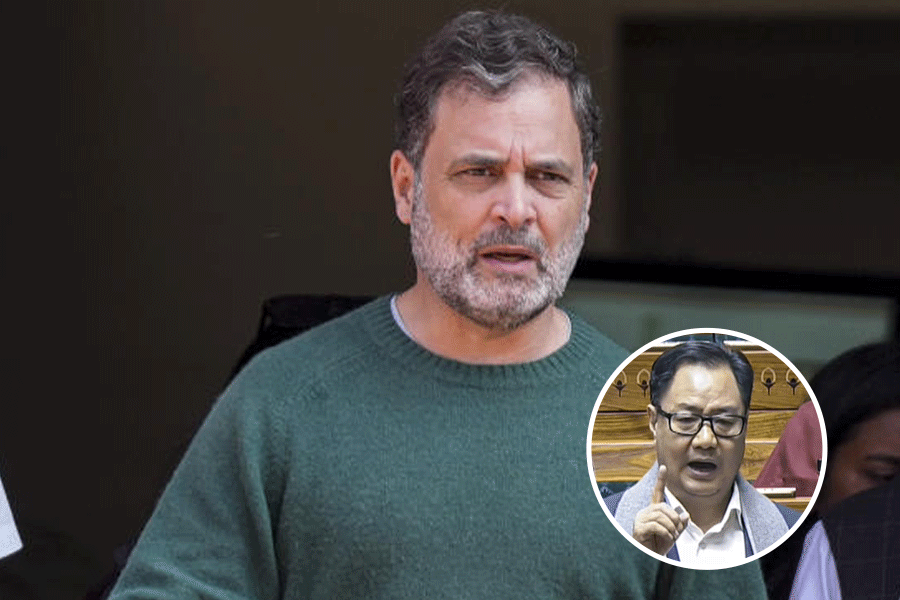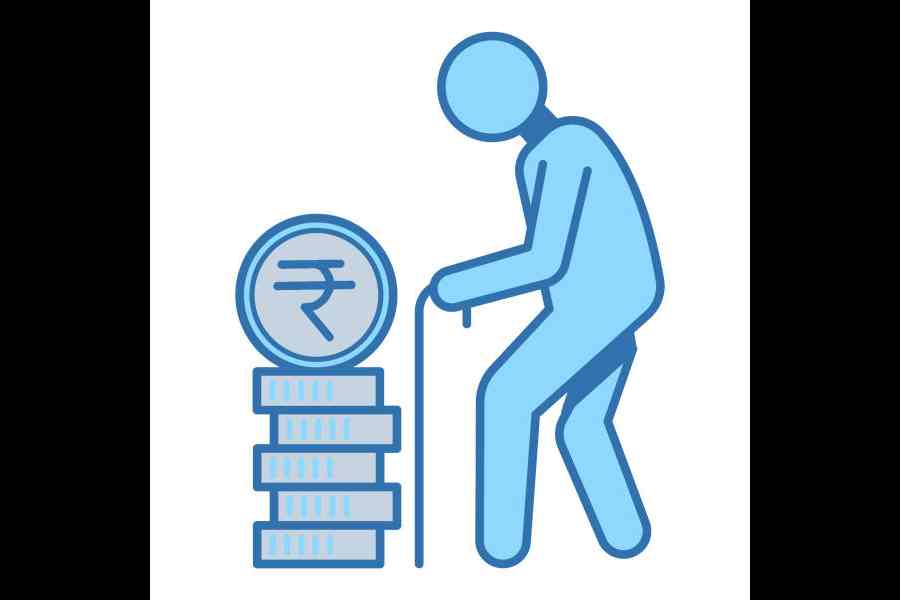Prime Minister Narendra Modi on Saturday called for drafting laws and court judgments in regional languages to make them more accessible to the common man who might not be conversant with English.
“When people comprehend the law in their own language, it leads to better compliance and reduces litigation. The Supreme Court's initiative to translate over 80,000 judgments into 18 Indian languages is commendable. I hope this effort will be replicated ïn all high courts and district courts as well," Modi said.
He called for strengthening the alternative dispute resolution (ADR) mechanisms, such as mediation and Lok Adalats, to resolve disputes efficiently and economically against the protracted and expensive conventional court litigation system.
“When justice is accessible to all, delivered in a timely manner, and reaches every individual regardless of their social or financial background — that is when it truly becomes the foundation of social justice," Modi said while launching a training module on community mediation at the national conference on “Strengthening Legal Aid Delivery Mechanisms” at the Supreme Court organised by the National Legal Services Authority (Nalsa).
Lauding the mediation mechanism, Modi said it revived the ancient Indian tradition of resolving disputes through dialogue and consensus. From gram panchayats to village elders, mediation has always been a part of the Indian civilisation.
"Under the legal aid defence counsel system started by the government, more than eight lakh criminal cases have been settled within just three years. These efforts by the government have ensured ease of justice for the less privileged. Ease of doing business and ease of living are truly possible only when ease of justice is ensured. In recent years, several steps have been taken to enhance ease of justice, and going forward, we will accelerate efforts in this direction,” he added.
Chief Justice B.R. Gavai, in his opening remarks, invoked Mahatma Gandhi's remark that “whenever we are in doubt, we must recall the face of the poorest and the weakest person we have seen”. He drew similarities between Gandhiji’s commitment to provide justice to all and Nalsa's efforts to provide free legal aid.










